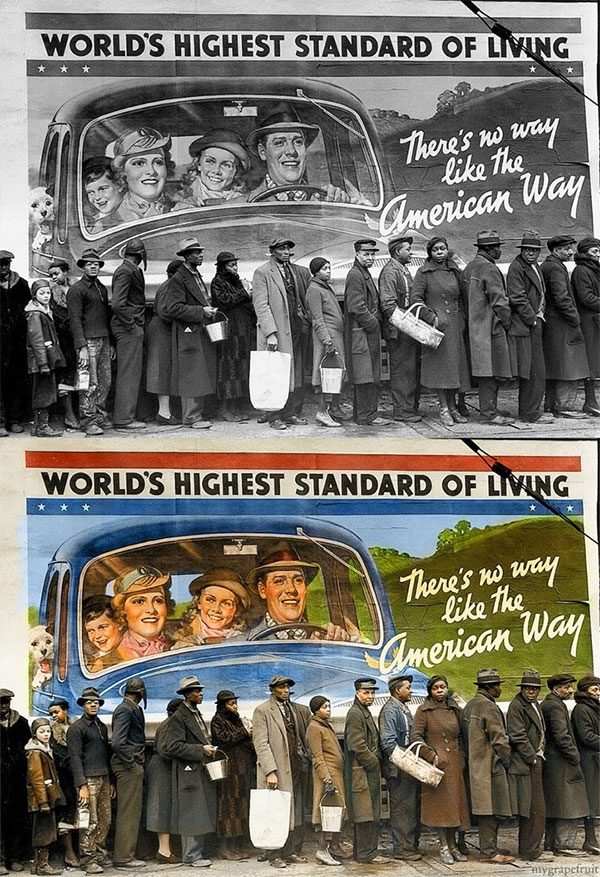This is one of those posts that’s chiefly intended for those Googling for a particular problem. It might still make gripping reading, though, for those of you interested in the internals of email protocols…
Most email programs nowadays allow you to specify the folder in which you want to save your outgoing messages, and choose whether that should be stored locally or on your email server. (Assuming you’re using IMAP to fetch your mail, that is. If you’re still using POP, you should get another mail provider. And if you’re using Exchange… well, you have my sympathy…)
But different apps have traditionally had different names for this folder: some call it ‘Sent’, others ‘Sent Items’ or ‘Sent Messages’ and some will use a folder with one name and display it as something else to the user. (The same is sometimes true of ‘Drafts’, ‘Trash’, and ‘Junk Mail/Spam’). So, over the years, I’ve tended to standardise on ‘Sent’, and when I set up a new mail app or a new machine, I configure it to use that folder.
But recently, that setting didn’t always seem to be stick, and I found some of my mail would end up in different folders when sent from some devices. Still, I persevered, until I installed Mavericks on my Mac, and found that the setting wasn’t even available on Apple Mail, at least, not for my main account – it was greyed out! What could be going on?

So I started to investigate. I dug into the file that Mail uses to store information about its accounts (currently ~/Library/Mail/V2/MailData/Accounts.plist) and I came across a setting which gave me a clue: it was called HasServerDefinedSentMailbox, and for this account it was set to YES. Mmm…
In the past, IMAP basically just provided you with a smart filing system for your mail, and it’s proved a remarkably resilient one, when compared to other formats. As an aside, I felt very old recently when I told a colleague in the lab that I had used the same method for storing my mail for ages, and had emails from 1991/92 in there that were just as accessible now as they had been then. He laughed, and said, “That’s the year I was born!”. Sigh… Still, compare that to data stored n tapes and floppies.
Anyway, a few extra features have been added since then, and one of these came just a couple of years ago. RFC 6154 describes ‘new optional mailbox attributes that a server may include in IMAP LIST command responses, to identify special-use mailboxes to the client, easing configuration’. In other words, the server can tell your app which folders to use for these key functions. This makes a lot of sense, particularly when your email provider also has a webmail interface, for example. I use Fastmail, which has a really good one, and, of course, it needs to know what you want to use for sent mail, drafts, etc when you’re using it via the web. Fastmail reflect these folder choices in the IMAP protocol, to keep everything consistent. Which is fine by me: I now simply stick to using the ‘Sent Items’ folder that the server recommends, and all is well on all my devices.
Anyway, all of that is a long way of explaining why you may find the ‘Use this mailbox for’ menu items are greyed out, and why on iOS devices you may try changing the ‘Sent Mailbox’, only to find that your new setting doesn’t stick. If your server is specific about which folders should be used, Apple will take that setting seriously, which I think makes sense, but they aren’t yet very clear in the UI about why you can’t then change it yourself.
Hope that’s useful to somebody!
 As many of you will know, two months ago, Adobe’s servers were hacked into and the user information stolen. At first this was thought to be a major breach, with about 3M records lost. Then the number went to abut ten times that. Now, however, there is talk of it heading for the Guinness Book of Records, as it appears the number may be closer to 150M!
As many of you will know, two months ago, Adobe’s servers were hacked into and the user information stolen. At first this was thought to be a major breach, with about 3M records lost. Then the number went to abut ten times that. Now, however, there is talk of it heading for the Guinness Book of Records, as it appears the number may be closer to 150M!



 Here at Status-Q headquarters, we’re having a new bathroom fitted, which means we’re getting all these newfangled gadgets that you youngsters just take for granted. Things like mixer taps, which our international friends are amused that we didn’t adopt about 50 years ago. I tell them that British plumbing is like the weather: it’s unpredictable, and we like it that way, because it gives us something to make polite conversation about when inspiration is otherwise lacking.
Here at Status-Q headquarters, we’re having a new bathroom fitted, which means we’re getting all these newfangled gadgets that you youngsters just take for granted. Things like mixer taps, which our international friends are amused that we didn’t adopt about 50 years ago. I tell them that British plumbing is like the weather: it’s unpredictable, and we like it that way, because it gives us something to make polite conversation about when inspiration is otherwise lacking.
Recent Comments